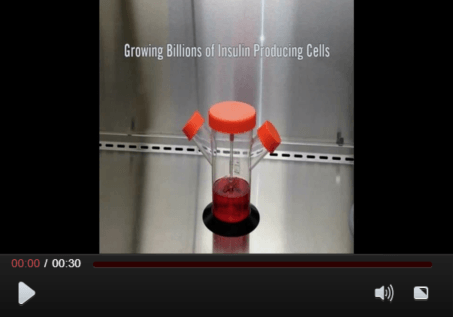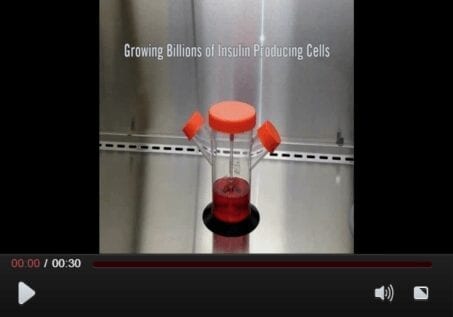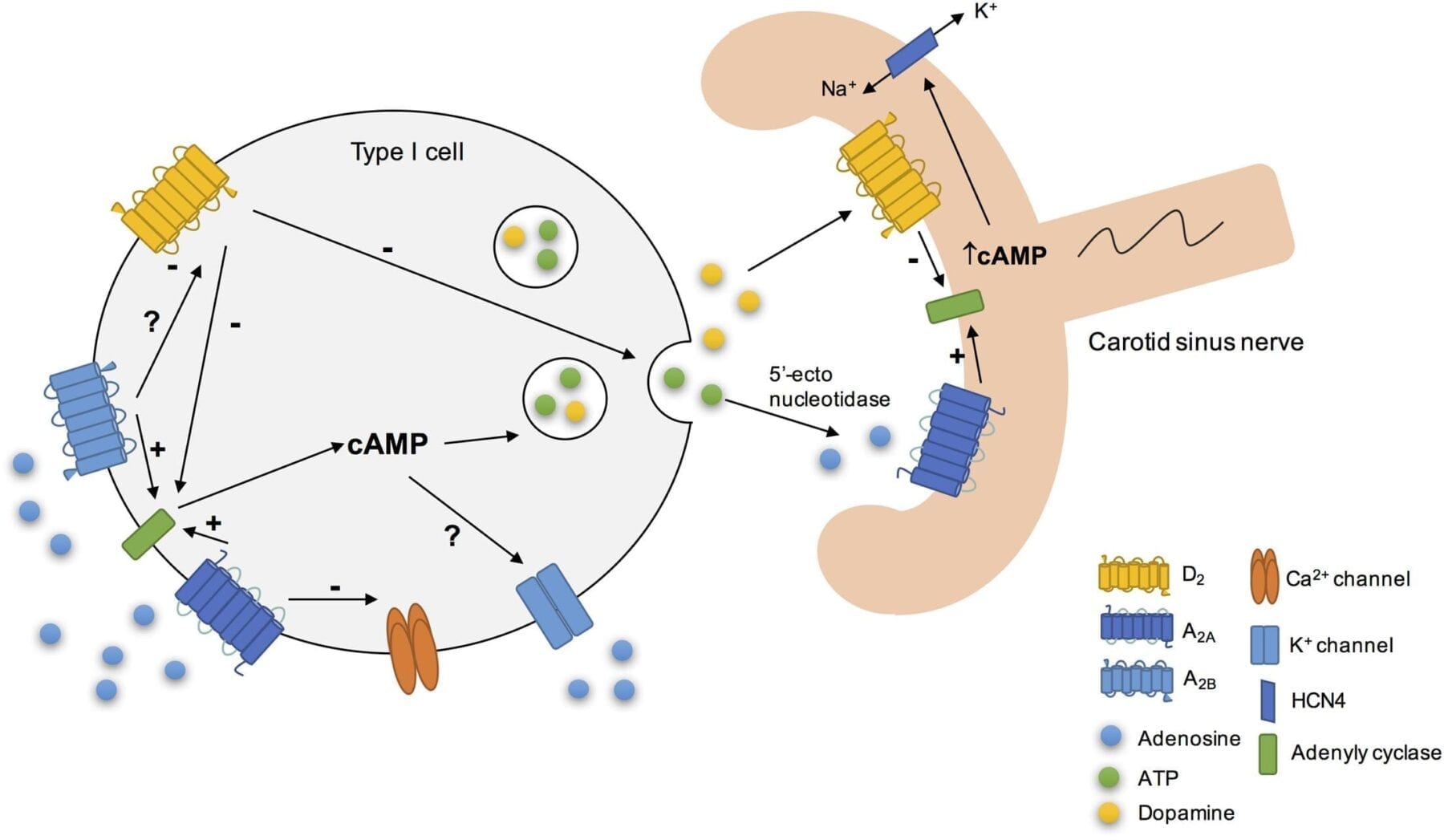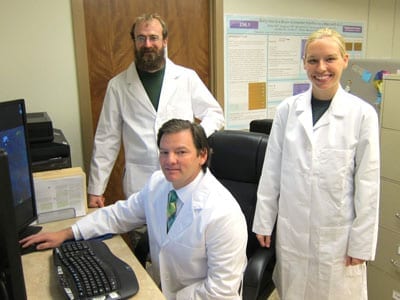
Ability to produce embryonic stem cells will allow researchers to push faster toward cure
Harvard stem cell researchers announced today that they have made a giant leap forward in the quest to find a truly effective treatment fortype 1 diabetes, a disease that affects an estimated 3 million Americans at a cost of about $15 billion annually.
With human embryonic stem cells as a starting point, the scientists were for the first time able to produce, in the kind of massive quantities needed for cell transplantation and pharmaceutical purposes, human insulin-producing beta cells equivalent in most every way to normally functioning beta cells.
Doug Melton, who led the work, said he hopes to have human transplantation trials using the cells under way within a few years. Twenty-three years ago, when his infant son Sam was diagnosed with type 1 diabetes, Melton dedicated his career to finding a cure for the disease.
“We are now just one preclinical step away from the finish line,” said Melton, whose daughter Emma also has type 1 diabetes.
A report on the new work is being published today by the journal Cell.
Felicia W. Pagliuca, Jeff Millman, and Mads Gurtler of Melton’s lab are co-first authors on the Cell paper. The research group and paper authors include a Harvard undergraduate.
“You never know for sure that something like this is going to work until you’ve tested it numerous ways,” said Melton, Harvard’s Xander University Professor and a Howard Hughes Medical Institute investigator. “We’ve given these cells three separate challenges with glucose in mice, and they’ve responded appropriately; that was really exciting.
“It was gratifying to know that we could do something that we always thought was possible,” he continued, “but many people felt it wouldn’t work. If we had shown this was not possible, then I would have had to give up on this whole approach. Now I’m really energized.”
The stem cell-derived beta cells are undergoing trials in animal models, including non-human primates, Melton said.
The Latest on: Diabetes mellitus type 1
[google_news title=”” keyword=”Diabetes mellitus type 1″ num_posts=”10″ blurb_length=”0″ show_thumb=”left”]
via Google News
The Latest on: Diabetes mellitus type 1
- Ancient grains show promise for type 2 diabeteson April 28, 2024 at 11:00 pm
A meta-analysis in the journal Nutrition, Metabolism and Cardiovascular Diseases finds that ancient grains like oats, brown rice, and millet may improve lipid profiles in type 2 diabetes patients, but ...
- Signs and Symptoms of Diabetes Insipiduson April 24, 2024 at 9:30 am
Diabetes insipidus is a rare condition that causes extreme thirst and frequent urination. Headache and double vision are also possible symptoms.
- University of Birmingham: New International Medical Code Launched for Presymptomatic Type 1 Diabeteson April 23, 2024 at 4:37 am
Researchers at the University of Birmingham have partnered with NHS England to produce a diagnostic code tailored for individuals in the early phases of type 1 diabetes, enhancing patient prospects fo ...
- Type 1 diabetes articles from across Nature Portfolioon April 22, 2024 at 4:59 pm
Type 1 diabetes (also known as diabetes mellitus) is an autoimmune disease in which immune cells attack and destroy the insulin-producing cells of the pancreas. The loss of insulin leads to the ...
- Type 1 Diabeteson April 18, 2024 at 5:00 pm
What Is Type 1 Diabetes? Type 1 diabetes is a condition in which your immune system destroys insulin-making cells (beta cells) in your pancreas. That means your body can't make enough insulin or ...
- How does type 1 diabetes alter muscle structure and blood supply?on February 8, 2024 at 1:13 pm
In a recent study conducted by the Institute of Anatomy, Faculty of Medicine, University of Ljubljana, researchers have provided new insights into the detrimental effects of type 1 diabetes mellitus ...
- What are the types of diabetes? Hint: It's more than just Type 1 and Type 2.on November 7, 2023 at 3:09 am
Each year, 1.4 million people are diagnosed with diabetes mellitus in the U.S., according to the association ... Here's what you need to know about the differences between Type 1 and Type 2 diabetes, ...
- New Potential Adjuncts to Treatment of Children With Type 1 Diabetes Mellituson July 31, 2023 at 4:38 pm
Type 1 diabetes mellitus (T1DM) is an autoimmune process with a strong genetic component causing destruction and dysfunction of the pancreatic β-cells. It involves both insulin and amylin ...
- Defective Awakening Response to Nocturnal Hypoglycemia in Patients with Type 1 Diabetes Mellitus.on May 2, 2023 at 10:24 am
affecting patients with type 1 diabetes mellitus in particular. In individuals who do not have diabetes, insulin secretion is modified naturally and continuously by the body's own regulatory ...
- Diabetes Mellitus Type 1 Newson August 9, 2022 at 5:00 pm
Increase in New-Onset Type 1 Diabetes in Kids During Pandemic The early days of the COVID-19 pandemic saw an increase in new-onset pediatric diabetes and DKA, while children with pre-existing ...
via Bing News











